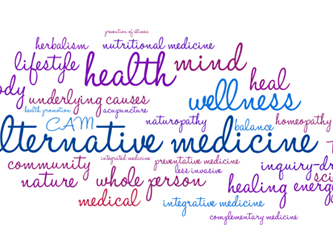Dietary and supplement-based complementary and alternative medicine use in pediatric autism spectrum disorder
The aim of this 2019 study was to provide an overview of supplement-based complementary and alternative medicine therapies used in children with autism spectrum disorder (ASD). The participants of this study, who were aged between 4 to 17 years, were recruited from various sources including social media and several educational and physical activity programs. Primary caregivers provided the data on current supplement-based complementary and alternative medicine use. The study was designed to determine the prevalence of supplement therapy usage among children, the types of supplements used, reasons for use, perceived safety, and the demographic factors associated with use. While most children with ASD (75%) consumed supplements, the most common types were multivitamins (77.8%), vitamin D (44.9%), omega 3 (42.5%), probiotics (36.5%), and magnesium (28.1%). Some subjects admitted taking supplements with no safety profile confirmed. A gluten-free diet was the most popular specialty diet amongst those with restrictions (14.8%). While healthcare professionals were often the information source regarding supplements for these participants, 33% of parents reported not disclosing all their child’s supplements to their physician. In conclusion, supplement therapies are commonly used by children with ASD. It also should be highlighted that increased research is warranted on the safety and efficacy of these various therapies. [NPID: alternative medicine, complementary medicine, supplements, supplementation, autism, autism spectrum disorder, ASD, autistic, children, adolescents]
Year: 2019

 Navigation
Navigation






